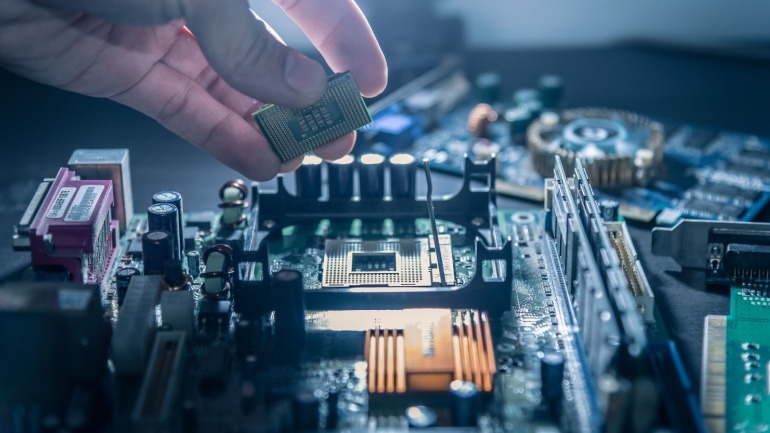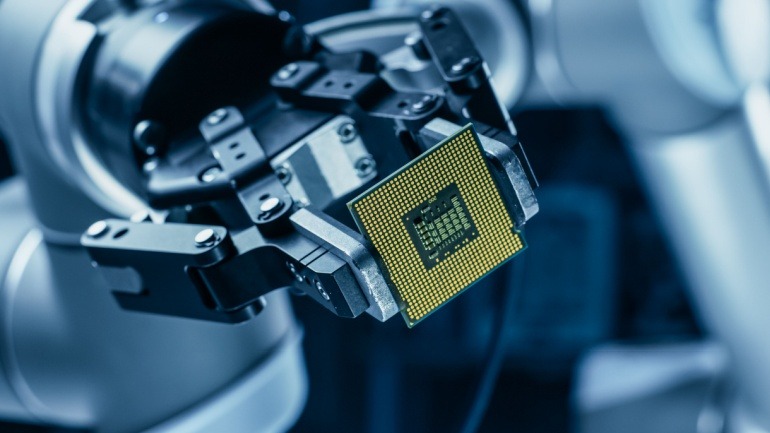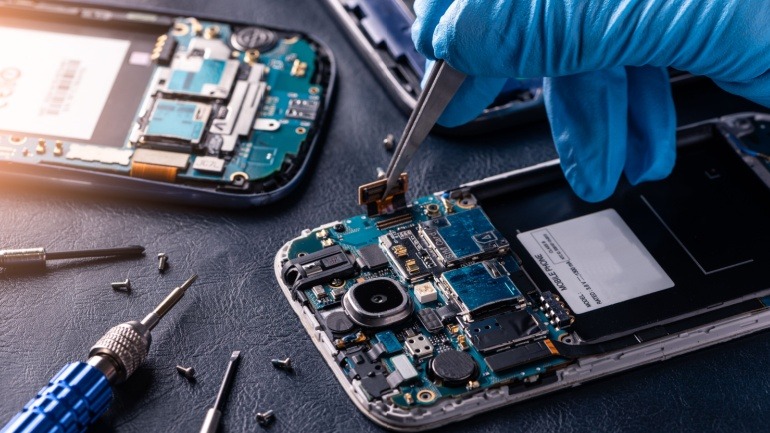Broadcom’s new Jericho4 networking chip promises faster, more secure data transfers across vast distances, boosting AI workload efficiency. With high bandwidth memory, advanced encryption, and innovative HyperPort technology, it reduces congestion, improves utilization, and enables large-scale distributed AI systems.
Nvidia is facing a significant challenge as it informs Chinese clients about the shortage of H20 chips, a crucial AI processor. This arises due to U.S. government delays in export licenses amidst trade tensions and restrictions.
Nvidia plans to resume H20 chip sales in China after informal approval from U.S. authorities, despite ongoing export restrictions. The move follows a major inventory loss and comes amid diplomatic efforts and growing demand for AI chips in China.
MediaTek’s new Dimensity 9400+ chip revolutionizes Android devices with advanced AI capabilities, boosting power efficiency and gaming performance. Its All Big Core CPU architecture, featuring the Arm Cortex-X925, Cortex-X4, and Cortex-A720 cores, ensures seamless performance.
Nine European nations have formed the “Semicon Coalition” to strengthen the continent’s semiconductor industry. The initiative, launched in Brussels, focuses on research, development, and production, aiming for self-sufficiency amid rising global investments.
Microsoft has unveiled its first quantum chip, Majorana 1, powered by a breakthrough material called a topoconductor. This innovation enables topological superconductivity, paving the way for a million-qubit quantum system.
Apple’s iPhone C1 modem chip marks a major shift in reducing reliance on Qualcomm, targeting an 80% cut by 2026. The 4nm modem, debuting in the iPhone 16e, enhances network performance but lacks mmWave 5G.
The ongoing Arm versus Qualcomm legal battle could reshape the smartphone market due to Qualcomm’s reliance on Arm’s architecture for Snapdragon processors. If Arm’s license cancellation proceeds, it threatens Qualcomm’s processor production, impacting Android devices’ performance.
The escalating US-Huawei tensions profoundly impact the global VOIP industry by highlighting the strategic importance of technological independence. Ongoing sanctions against Huawei emphasize a pivotal point: adaptability in sourcing components is crucial. As these US-China dynamics unfold, VOIP providers must anticipate shifts in technological power impacting future market strategies.
Marvell Technology is experiencing substantial growth in its data center AI segment, despite an overall revenue dip for the second quarter of fiscal 2025. The company reported net revenue of $1.273 billion and a significant reduction in net loss compared to the previous year. Driven by strong AI demand, Marvell’s data center business saw record revenue, setting the stage for robust growth opportunities.












